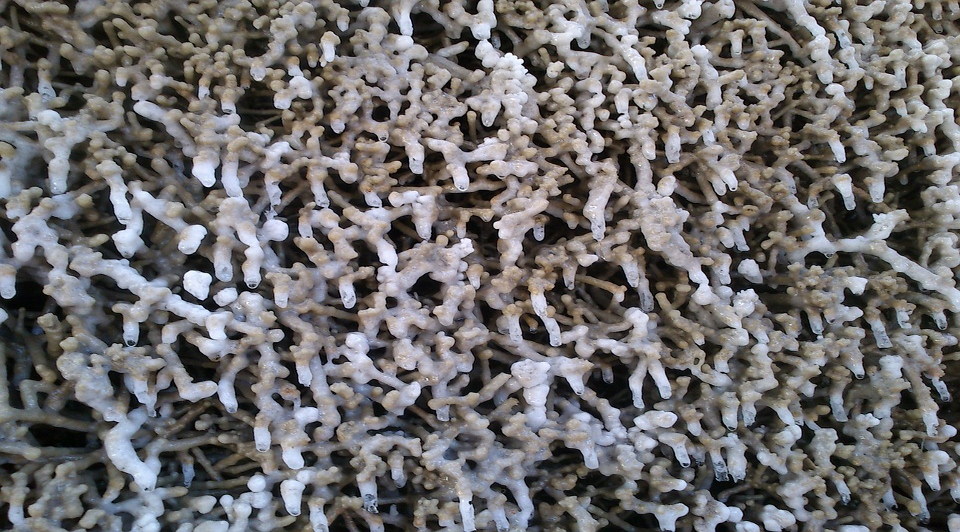
A citizen science study by the SD Wet Lab
Attention all beach lovers! Have you ever wondered what bacteria you are swimming with?
You can help citizen scientists survey the microbial ecosystem of La Jolla Cove, an iconic swimming beach in Southern California, where humans, wildlife, and the physical environment interact in complex ways.
The Project
La Jolla Cove is an iconic swimming beach popular with tourists and locals. Known for its abundant marine mammals, sea birds, and fish, and neighboring a busy urban area, the Cove is a microcosm for the complex interactions between humans and wildlife. Although La Jollas marine wildlife is famous, there is still much to be learned about the micro-organisms that populate the water. San Diego County routinely tests the water for a small number of bacterial species that are associated with sewage pollution and posts advisories and beach closures when the levels exceed health standards. More information on the program can be found here:http://www.sdbeachinfo.com/
These methods are, however,just scratching the surface since ocean water is a complex ecosystem with potentially millions of microbial taxa performing diverse function. Cutting-edge genomic sequencing technologies give us a way to survey every species in the water. We propose to sample water from the Cove and nearby swimming beaches, extract DNA, and use sequencing to understand how the unique biological environment, including the presence of humans and marine mammals, affects the ecosystem.
All data collected during this project will be made available through public databases and peer reviewed open access publication. The La Jolla/Riford Library will serve as a venue for public education about the methods and results of this study. Stay tuned for opportunities to learn about and participate and in this project locally.
Where your money goes
Funds raised from this campaign will pay for sample processing and sequencing. The total scope of the project will depend on the amount raised. More donations = more samples = more data! The crowdfunding campaign will also determine which sequencing method we use. For 16S sequencing, which targets a specific region of the genome useful for classifying micro-organisms, we have a preliminary estimate of $4000 for the study.Metagenomic sequencing, which returns the entire genomic content of a seawater sample,can provide more taxonomic and functional details about the microbial community. Metagenomic sequencing for the whole study has been estimated at $15,000.
Methods
Samples will be collected at three locations: La Jolla Cove, Casa Beach, and La Jolla Shores. These three beaches are within walking distance of each other, yet differences in animal populations and human activity are apparent to even a casual observer. Sampling will take place over a period of six months to capture variation in microbial diversity during seasonal temperature transitions. Since many micro-organisms present in the environment are not culturable in the lab, we will extract total genomic DNA from micro-organisms collectedby passing seawater through 0.2 um filters.Genomic sequences will be used tocatalogue the micro-organisms at each location throughout the six month sampling period. Relevant physical parameters such as temperature, turbidity, surf height, and tides will be measured or recorded from public databases to establish correlations between physical variables and changes in microbial community. Details of the methodsand regular updates on the status of the project will be posted here: wetlab.org/microbial-diversity-project/
Purchases of equipment for the initial sample collection is being generously funded by the Friends of the La Jolla Library.
(photo credit: Dr. Carmen Gupta)
